A five-day “Mid-Level Administrators Governance Program” was conducted by National Academy of Education Administration (NAEA) at Hainan University’s International Academic Exchange Center from July 16 to 20, which engaged 100 administrators from the university’s schools, residential colleges, administrative departments, and academic support units. Chen Liping, NAEA Senior advisor for International Cooperation, and Zhang Jiyou, Executive Deputy Secretary of the CPC HNU Committee, attended the opening ceremony. Director of HNU’s Organization Department Yang Zhixin presided over the ceremony.
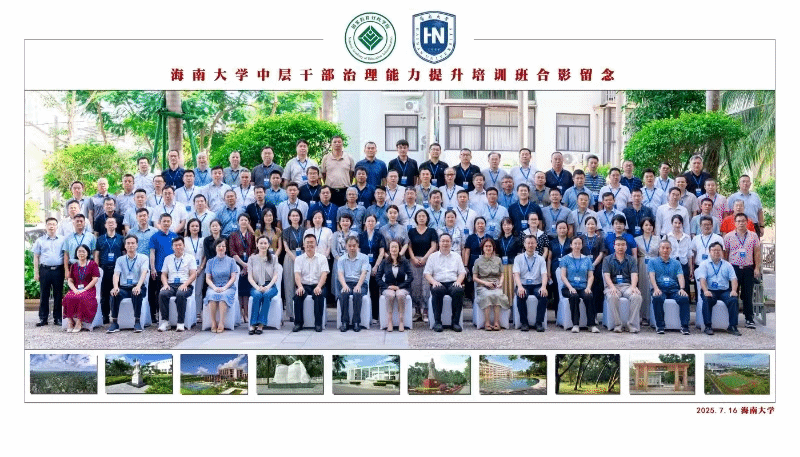
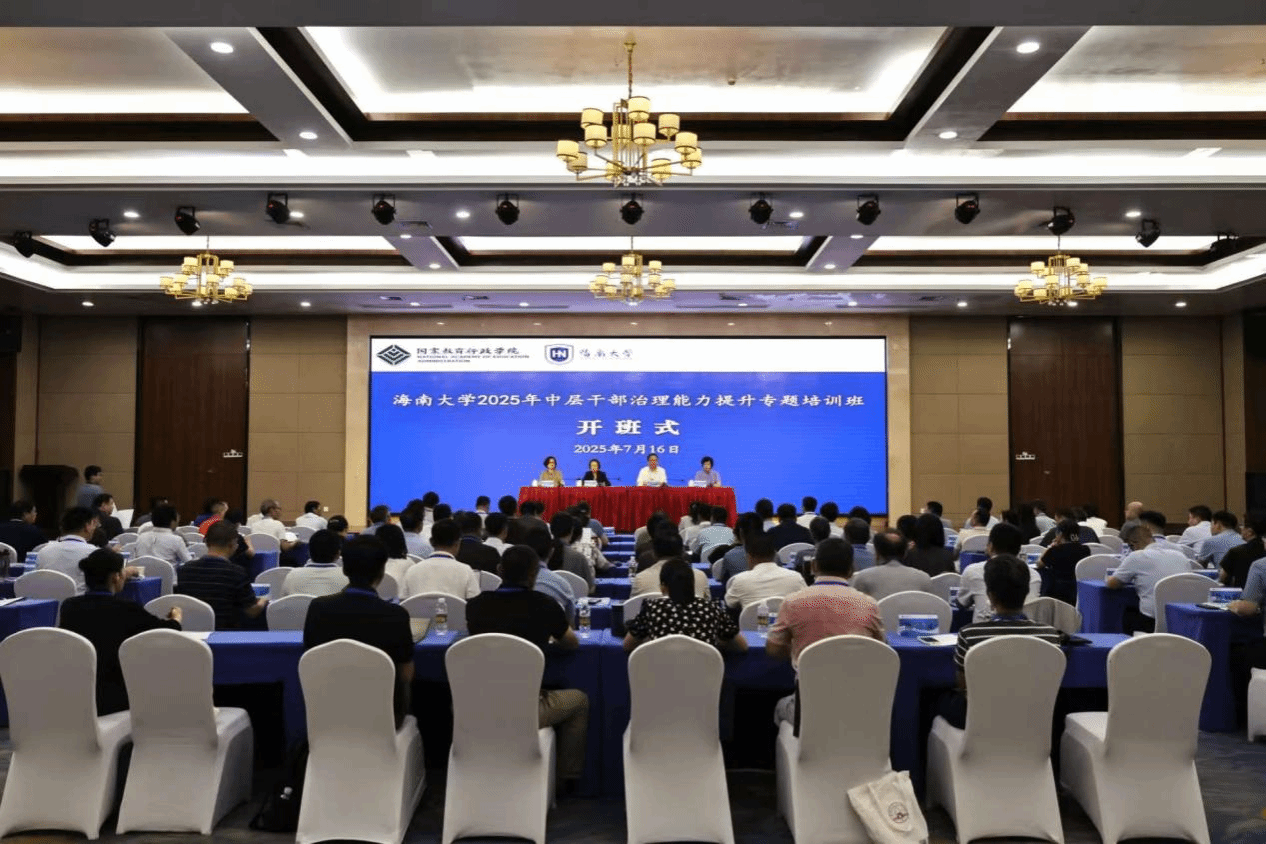
At the opening ceremony, Chen Liping presented three key requirements to the 100 mid-level administrators. First, they must heighten their political consciousness by embracing “the Top Priorities of the Country,” aligning personal growth with the university’s development and national advancement to enhance their capabilities in political judgment, comprehension, and execution. Second, they should adopt a “studying the nature of things to acquire knowledge” approach to boost theoretical proficiency—learning with work-related issues in mind, proactively consulting experts, and using “wisdom from others” to solve tough problems. Third, they need to strengthen their sense of responsibility and drive the university’s continuous development with greater enthusiasm, more pragmatic methods, and more solid work.
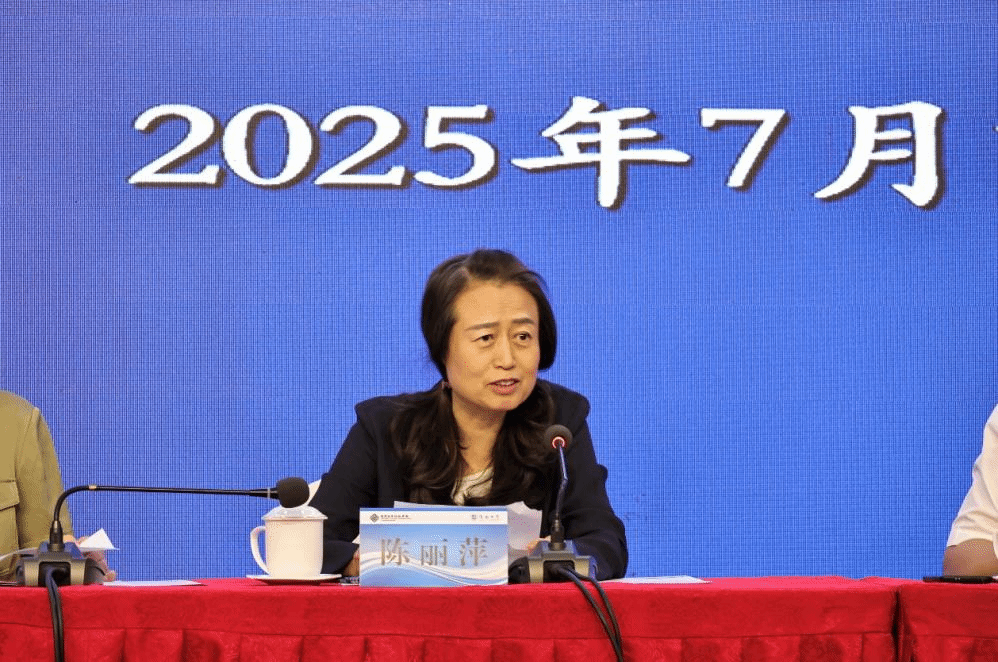
In his mobilization speech, Zhang Jiyou stressed that enhancing administrator’s governance capabilities is pivotal for building China into education powerhouse, dealing with technological revolutions, serving Hainan Free Trade Port development, and achieving the university’s goal of becoming a world-class university by 2035. He urged participants to align with the national strategy for an education power, address feedback from experts for undergraduate education teaching audit and evaluation, adopt a “problem-oriented” approach to learning, and translate cutting-edge theories into practical solutions. Zhang also emphasized strict adherence to training discipline, wholehearted engagement, and systematic learning with a “beginner’s mindset” to demonstrate Hainan University’s exemplary ethos, and ensure the integration of learning, critical thinking and practical application to foster innovative solutions for high-quality development.
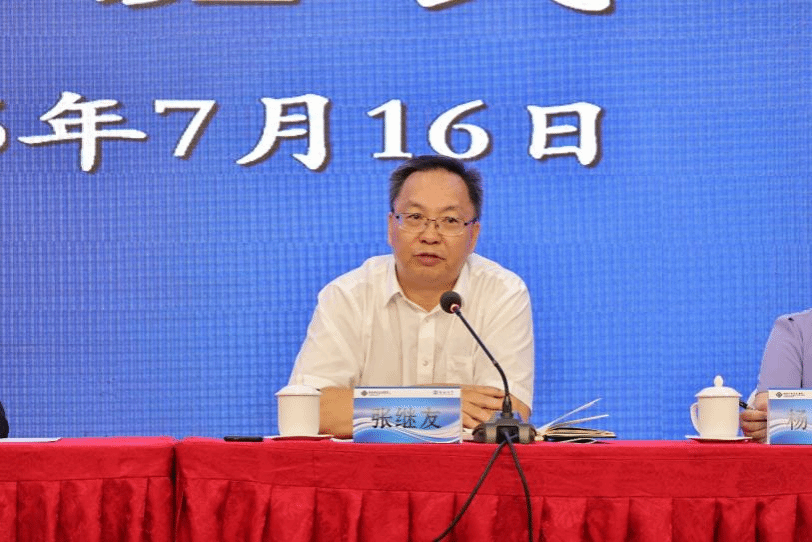
Professor Xu Jie from the Higher Education Management Department of NAEA served as the program supervisor, providing full-cycle academic guidance throughout the program.
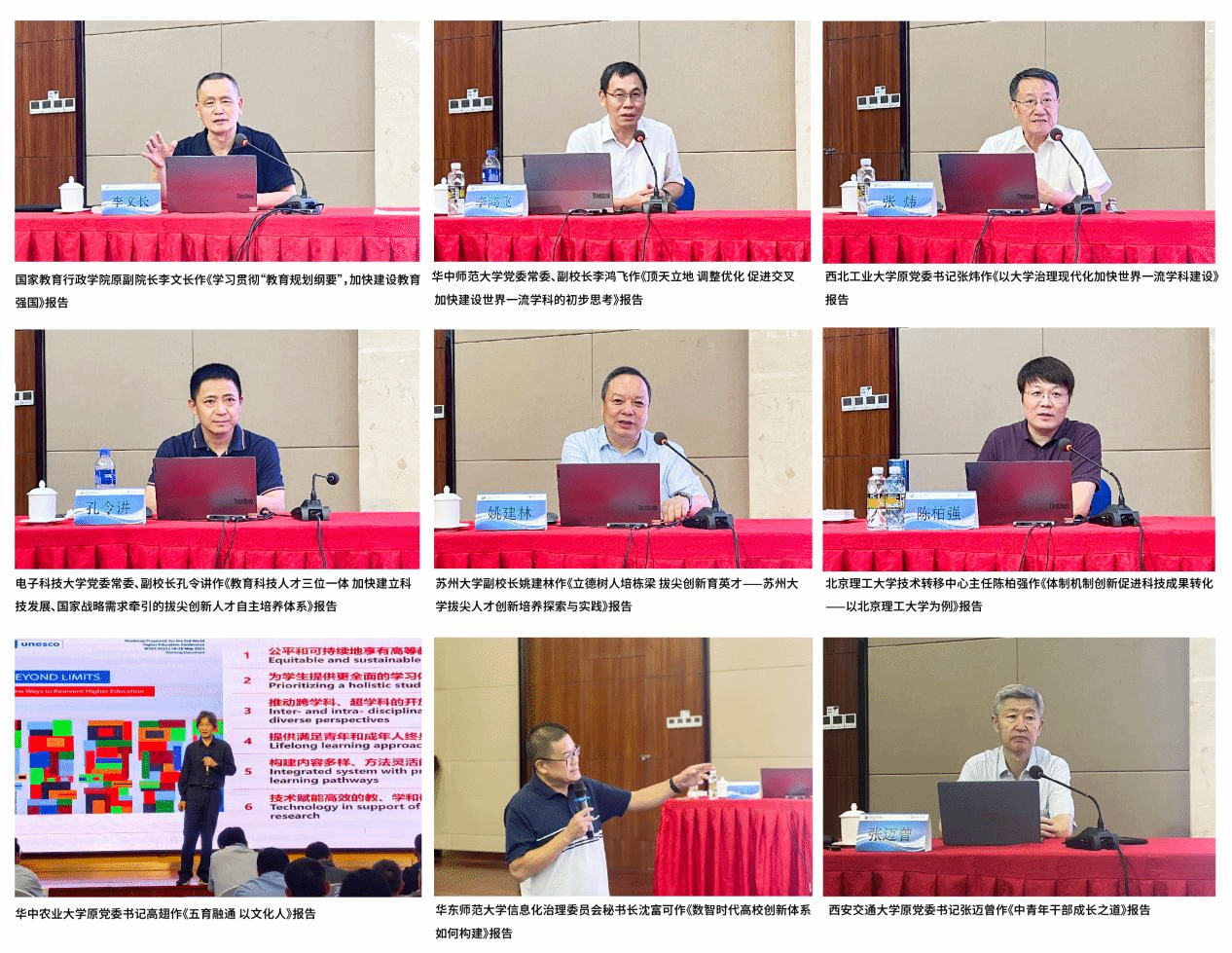
The program featured nine experts delivering specialized lectures on key themes: the construction of a modern education powerhouse; integrated development of education, science, technology and talent; higher education transformation during new technological revolutions; modern university governance with Chinese characteristics; cultivation of top-notch innovative talent; development of first-class disciplines; campus culture building; and AI applications.
At the closing ceremony, Zhang Jiyou and Xu Jie presented certificates of completion to participants.
Participants widely reported significant gains from the program, commending its high-caliber faculty, diverse curriculum, and rigorous framework. They committed to deepening understanding, internalizing knowledge, and translating insights into practice—specifically advancing the “Three Major Reforms” and implementing the “Seven Key Tasks”. This will generate tangible momentum to accelerate Hainan University’s development into a comprehensive, research-oriented, and internationally recognized “Double First-Class” university, driving progress toward its world-class goals.
Translated by Yan Xinyang
Proofread by Liu Sujun